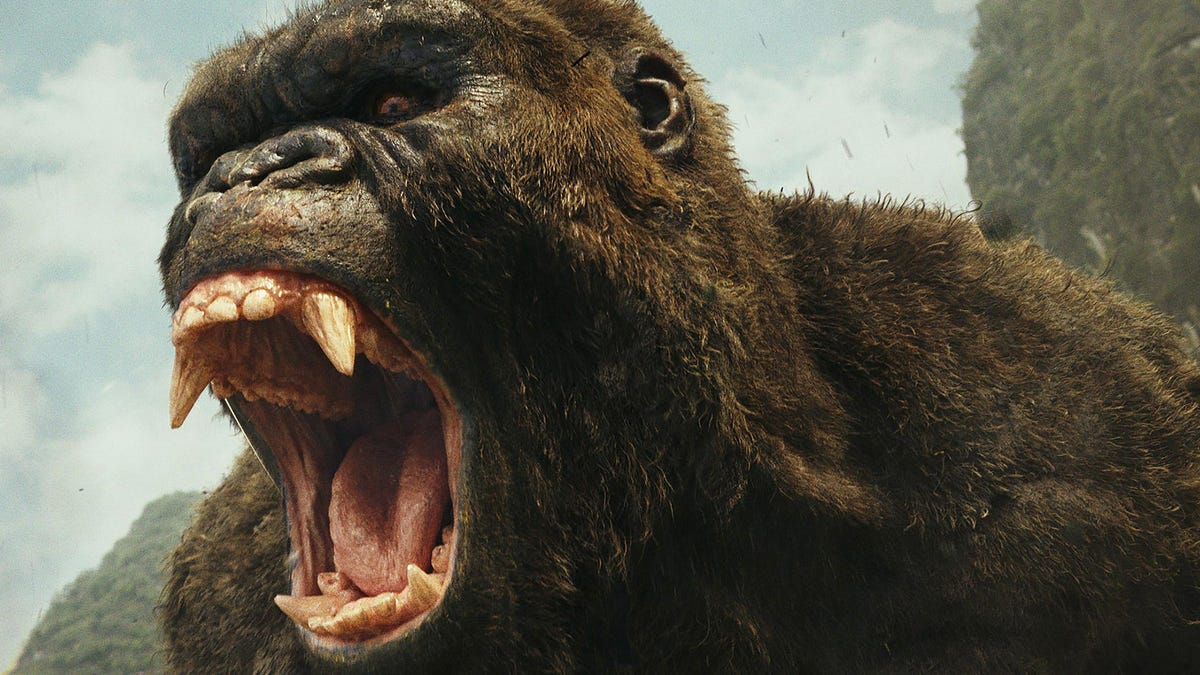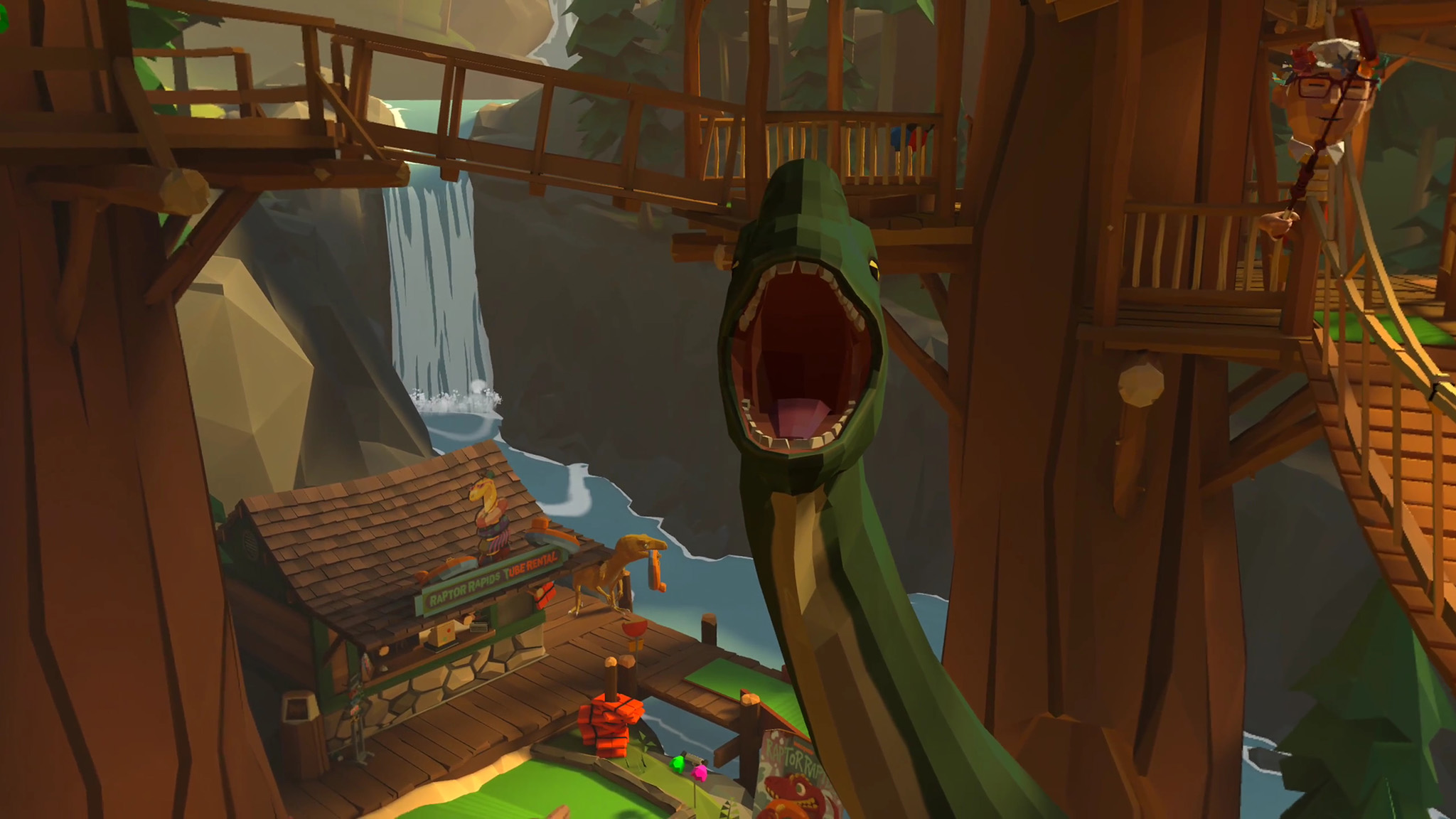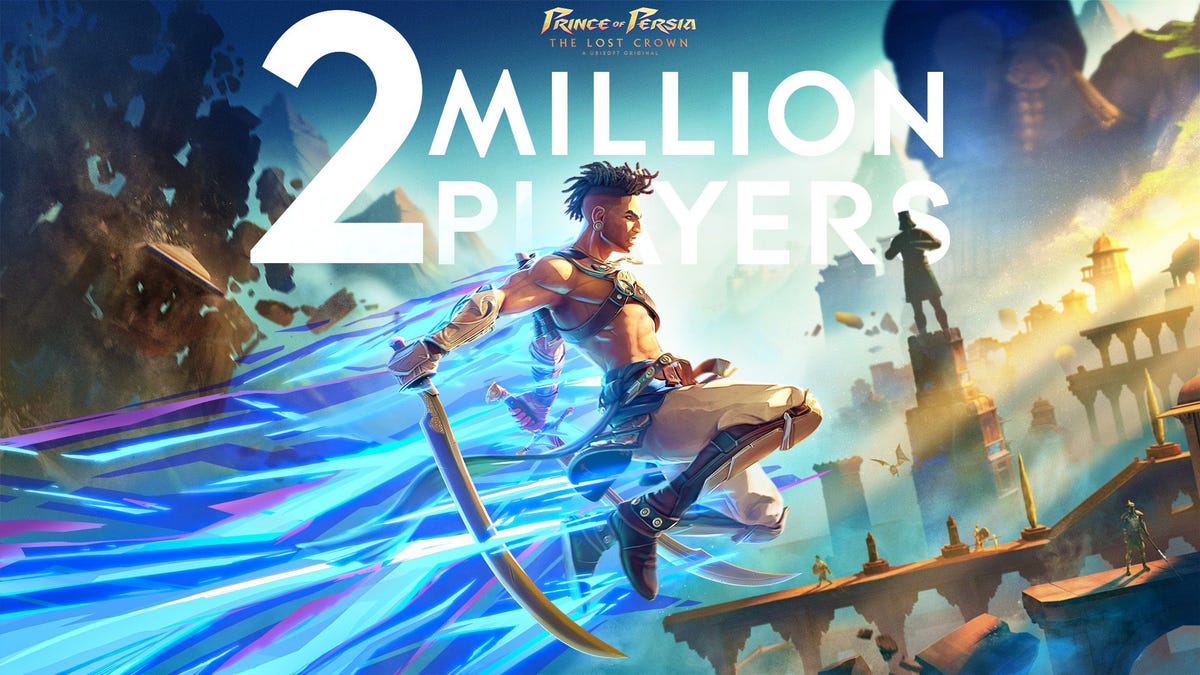Collaborating with Watanabe: Music and Emotion in 'Lazarus'

As a passionate reporter dedicated to the realms of film, television, and pop culture, I have had the privilege of exploring the creative minds behind some of the most beloved anime series. Renowned director Shinichiro Watanabe, famous for his iconic works such as Cowboy Bebop and Samurai Champloo, has once again captivated audiences with his latest project, Lazarus. These series are not merely animated tales; they are musical masterpieces that intertwine the essence of jazz and hip-hop with powerful storytelling, and Lazarus is no exception.
In Lazarus, Watanabe presents a narrative that is both gripping and innovative. The plot revolves around a misfit team that finds itself in a desperate struggle to save humanity from the brink of annihilation. This dire situation arises after the global population discovers that it has been unknowingly poisoned by a lethal toxin masquerading as a common painkiller. As the threat of extinction looms larger, society begins to unravel, and individuals grapple with despair and dread. However, amidst the darkness, there exists a twisted exhilaration that resonates through the soundtrack, particularly in tracks like Vortex and Lazarus, which showcase the electrifying talent of composer Washington.
During a recent conversation with Washington, he shared his experience of working on Lazarus. He initially had no inkling that Vortex would emerge as the shows opening theme, nor did he fully understand Watanabe's process for selecting the music. Collaborating with Watanabe during the turbulent times of the COVID-19 pandemic provided Washington with a sense of optimism and purpose, making the partnership a beacon of creativity in challenging times.
Washington was eager to compose a compelling soundtrack, yet he was taken aback when he learned that Watanabe envisioned a complete album rather than just a series of tracks to accompany a sci-fi drama. This ambitious approach aimed to create a musical experience that could stand independently, showcasing the artistic depth of the project.
The following excerpts from our interview were edited for clarity.
What anime series had a significant impact on you during your childhood?
Growing up in the late 1990s, anime was still relatively niche, and finding series involved a lot of trading VHS tapes and DVDs with friends. I discovered treasures like Macross Plus, Ninja Scroll, the original Street Fighter II V series, and, of course, Dragon Ball Z. Ive always been a fan of Berserk, Grappler Baki, and Ghost In the Shell. These shows resonated with me because their narratives felt raw and unfiltered, and the artistry of the animation continues to amaze me. I recently rewatched Akira and was left in awe of its beauty. Cowboy Bebop, crafted by Watanabe, has been particularly influential in shaping my musical identity as an artist.
How collaborative was the process between you and Watanabe while creating the soundtrack?
Interestingly, there was not a lot of back-and-forth dialogue during the creation of the songs. We did have extensive discussions where Watanabe explained the overarching concepts of the series and his vision for its action-focused animation style. He provided me with various scenarios, such as a character escaping from prison or a flashback involving evidence discovery. However, the key focus was on evoking emotions rather than simply matching melodies to specific scenes. This approach aligned perfectly with my instinctive style of writing music, and Watanabe emphasized his intent for the work to function as a cohesive album.
What emotions did you channel while composing for a storyline that explores mortality and societal collapse?
Its challenging to articulate, but a profound sense of urgency and the recognition of humanity's duality were significant themes. The characters in Lazarus are complex, with no clear heroes or villains. Each character is portrayed as struggling with their choices in chaotic circumstances. There's a poignant scene where Axel confronts a former army comrade who has taken a dark path. Axels conflicted feelings resonated with my own experiences and informed my musical composition.
Did you anticipate that Vortex would become the main theme for the series?
Ironically, I initially believed that Lazarus would take the lead as the main theme. Instead, it was featured during a pivotal chase scene in the first episode. I was uncertain about how Watanabe would select the tracks, but I trusted his vision to determine which song encapsulated the essence of the show. I supplied him with all the pieces and let him curate the final arrangement.
The use of horns and choral elements in your tracks is quite notable. What emotions did you aim to evoke through the human voice?
The choral elements served various purposes across different songs, creating a sense of grandeur and scale. In Lazarus, the fast-paced melody is designed to evoke a feeling of pursuit, almost like a giant chasing a speedy character just out of reach. In Sageness, the voices represent spirits returning to convey important messages, while in Lie In Memory, the chorus narrates an epic tale unfolding within an extraordinary reality. For Vortex, which ultimately became the theme, the chorus introduces a playful yet disorienting energy, reflecting the quirky nature of the characters amidst their chaotic journey.
Did your admiration for Cowboy Bebop influence your creative choices for Lazarus?
Absolutely. The innovative storytelling and musical integration in Cowboy Bebop profoundly shaped my approach to developing music for Lazarus. Watanabe's earlier work has always inspired me, and I aimed to capture that same emotive storytelling through the music in this new project.






















